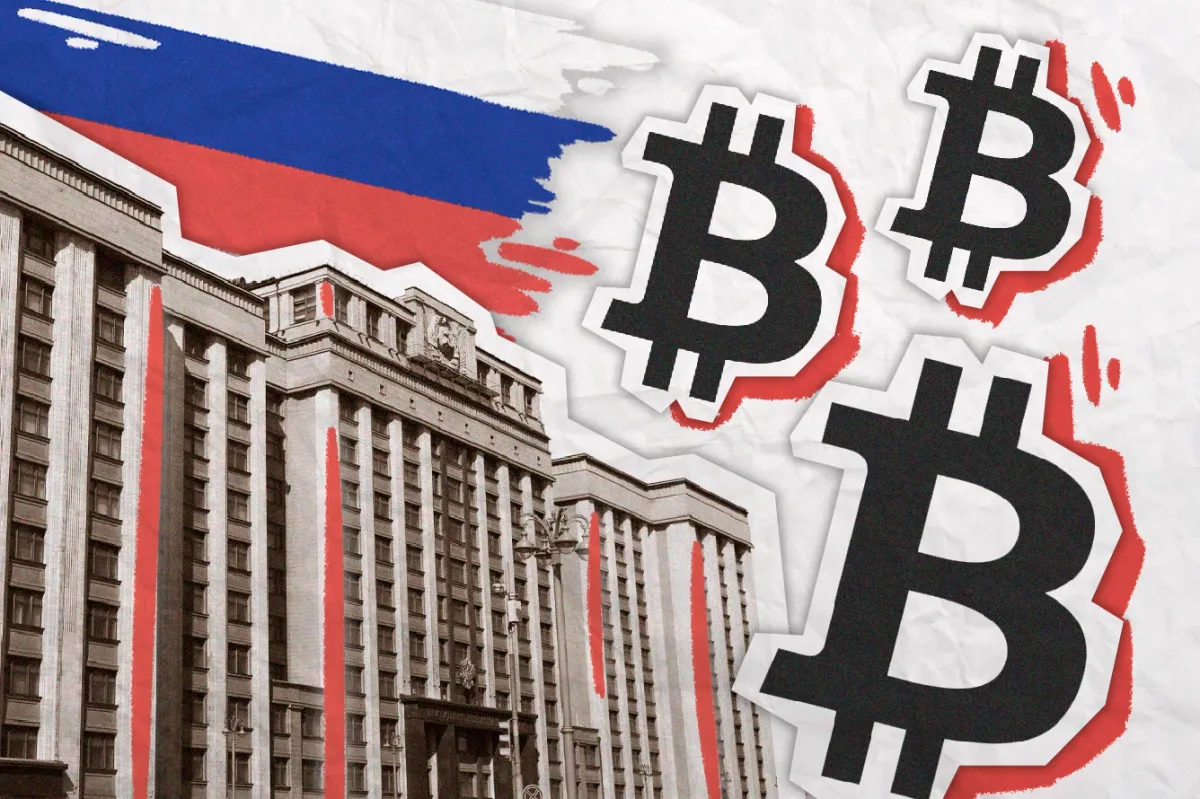
State Duma, Russia's lower house, recently introduced an updated bill on mining and cryptocurrencies. The major change suggested is to ban the "organization" of the circulation of cryptocurrencies in Russia, making an exception only for miners, mining pools, and test projects of the Bank of Russia.
Alongside the prohibition of local exchange services, the bill suggests the legalization of rewards for mining [and their taxation], but only for those who are mining under the supervision of the Central Bank within the experimental legal regime and are included in a special register. All miners, without exception, will be required to report to the authorities about the received cryptocurrency and provide their addresses. In addition, the bill bans the advertising of digital currency.
Anton Gorelkin, one of the bill’s co-authors who is also known for his high-profile bill on significant Internet resources, explained that the panic on the local media platforms about the total prohibition of crypto in the country was baseless. He added that this restriction is a protectionist measure that may be lifted in the future.
“The circulation of cryptocurrencies will not be prohibited. The organisation of circulation is prohibited - that is, the creation of exchanges and exchangers outside the zone of operation of the experimental legal regime... No one prohibits, as before, the use of foreign cryptocurrency exchanges.”
This bill first appeared in November 2022 and was supposed to regulate only mining in the country. After the State Duma Council considered the updated bill on May 6, it was included in the list of bills for the spring legislative session, meaning that the law might be passed in June this year. The deadline for submitting reviews, proposals, and comments is May 20.
Due to sanctions, the government wouldn't opt for a total ban on crypto asset circulation. Another crypto-related updated draft bill was introduced at the end of April. This would allow the Central Bank to begin creating an experimental platform for the use of cryptocurrencies in international payments by September. Reportedly, cross-border payments in crypto are already "conditionally allowed" in Russia but lack regulation and rules.
In the background of the publication of these bills, a scandal related to a local exchange service provider, Beribit, broke out in Russia. At the end of March, the exchange's office was searched by regulators, reportedly in connection with the terrorist attack at Crocus City Hall. Later, the exchange registered in the Seychelles announced that discrepancies in the company's financial documents were found during a change in leadership, and the company needed auditing. Around $4 million in users' funds got stuck, allegedly due to the verification process. Worried clients tried quite literally to storm the company's office. Now, the exchange claims it is auditing clients' accounts, and they have to prove the legality of funds before getting paid back. It has already made some repayments, according to reports by some users. The exchange has been fully operational since this week, but the overall situation still seems unstable.
The existing legislation prohibits only settlements in crypto but not its circulation or organization of the process. Still, Russian banks are banning their clients from P2P transactions without proper legal basis (and seemingly randomly). Criminal cases against companies providing exchange services also occur even in the absence of regulation. We think that if the bill is accepted, the enforcement actions will become more severe and structured, but the general situation for crypto holders and exchanges that are already operating in a grey area and at their own risk won't change significantly. Most likely, they will have to opt for cash payments instead of bank transactions and offices hidden away out of sight. Currently, most crypto exchangers are located in the business heart of the capital, Moscow City district.

